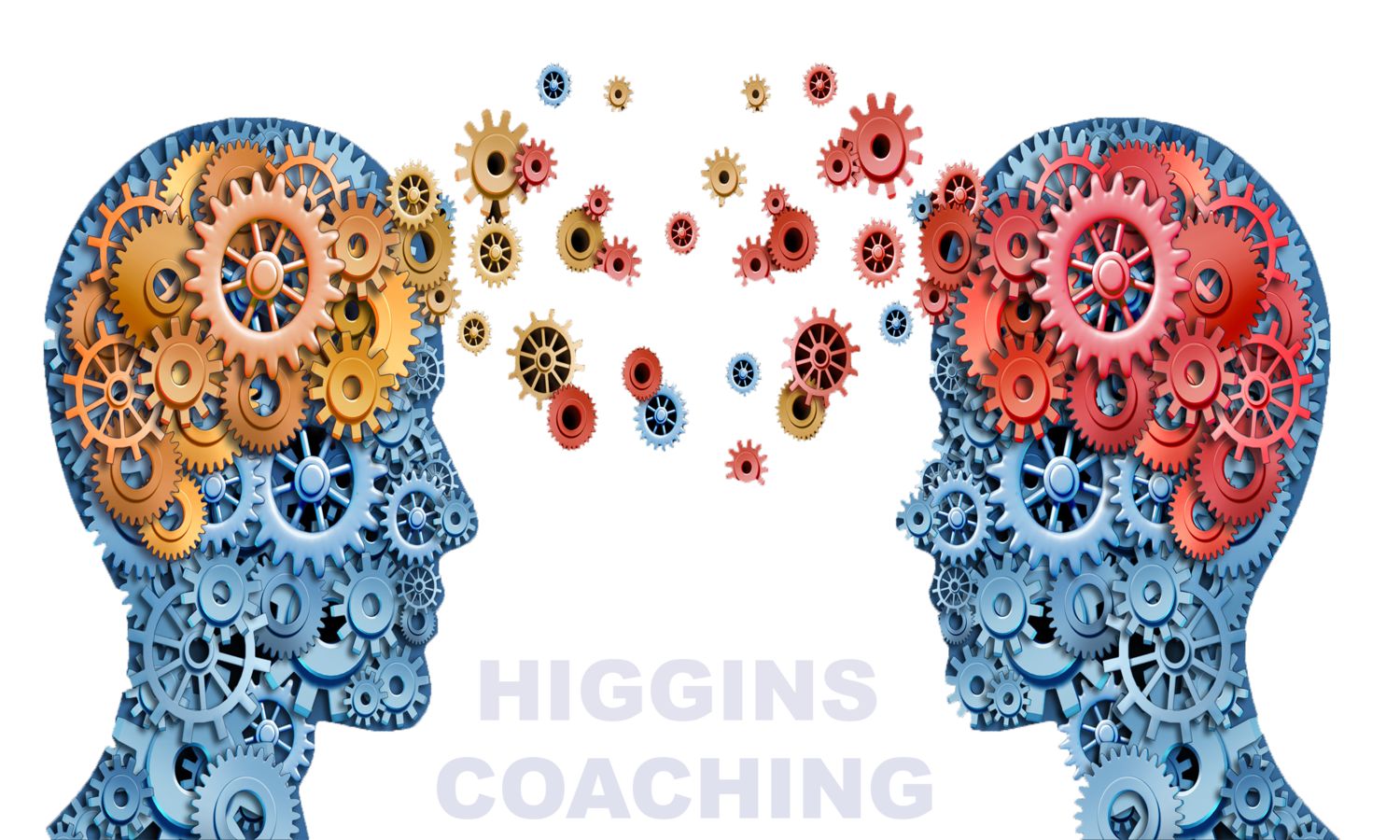BOTTOM LINE UP FRONT
Visualize your desired end state, the benefits of this end state, the obstacles that prevent you from changing, and a plan composed of mini-experiments. Seek feedback. Write it down. Repeat.
PAST AND PRESENT
…and all the year an endless variety of colors, shades, and a dozen textures played over the surface of hills and seas. The delight in such visions is often but half-conscious in persons who have not the habit of reflects; but it is nevertheless a real source of happiness which is soon missed…Charles W. Eliot (1899)
The difficulty in one’s ability to reflect on their world circumstances was noted long ago as evidenced in the excerpt by Eliot, President of Harvard and a frequent visitor to Mount Desert Island, Maine. Think Acadia National Park, a natural wonder he spearheaded to preserve.
Eliot observes his contemporaries lacking “vision,” being “half-conscious,” and losing the benefit of experiencing their world to the fullest extent. Happiness wanes in the soul, he implies. Now think of leaders and their organizations.
Today’s distractions include a super paced life tempo, 24-hour news cycle, expected multi-tasking, omni present technology, and social platforms that call our attention constantly. No wonder reflection is often-neglected, resulting in a skewed view of our existence and missed opportunities.
You don’t know what you don’t know! Right?
THE BRAIN IS NOT WIRED FOR TODAY
Congratulations! You come from a wise gene pool of ancestors who were wired to constantly scan their environments for threats. They survived! Good then. Today, not really.
This natural brain state is all-consuming, competing for our attention and energy. The threats encountered today are, for the most part, not life threatening and thus not worthy of the full throttled response of centuries past.
They continue unchecked. Our vision becomes narrow.
Our challenge then is to develop a new capability that affords more regular reflection, opening the door to new insights and choices. Accept the natural state, its benefits and limitations, and take steps to move forward.
Can you afford to not know, what you do not know?
FOUR STEPS
Good news! Your brain and behaviors can change over time through processes that create new neuropaths (neuroplasticity). Try these four steps to open up opportunities to gain more purpose-driven reflection, innovation, and better actions.
1. Mentally visualize what more reflecting would look like for you. Is that taking an intentional breath before responding in frustration? Is that working to notice new objects, places, people, etc. during your routine commute, in the office, or with family? Is that starting a journal?
Describe this new state of being in no more than 6-10 words. Use an index card or piece of paper to record it.
2. Now picture the benefits of this new state. Relationships stronger? Learning more? Happier? Kudos from the boss for an insight?
Describe the benefits in 6-10 words or less; write them on your index card.
3. So, you now have a picture of something new and motivation to work towards it. Ok, to the most often-overlooked part – the “hold me backs.” What stops you from achieving an improved state of reflection and the resulting awareness? The barriers – we tend not to think about them.
List on your index card, two (no more!) of the most significant obstacles that are holding you back from achieving your vision of success and keeping you from potential new benefits.
4. Experiment. Pick one of the “hold me backs.” Think of and list up to three new actions that you can try out to overcome the “hold me backs.”
Think of them as mini-experiments to test them out and learn if they move you closer to a new level of reflection and awareness. Ask for support from a friend who can independently observe you and provide private feedback.
Add a short description to your index card to record what works and what does not.
BOTTOM LINE
Visualize your desired end state, the benefits of this end state, the obstacles that prevent you from changing, and a plan composed of mini-experiments. Seek feedback. Write it down. Repeat. It will take some purposeful practice on your part. In the end, you will see more!
Cheers to your new insights!
Ed Higgins. All Rights Reserved. (2018)

